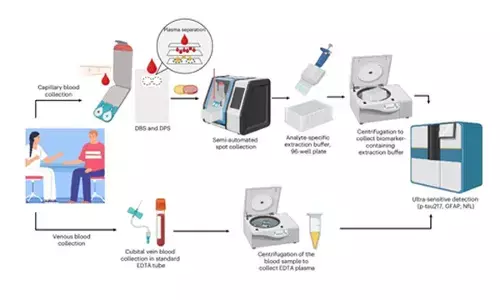Role of education in the era of technology

Professor Rajesh Khanna, President, NIIT University
Technology today is doing what the industrial revolution did decades ago – making certainjob roles redundant, and creating new jobs.
Technology today is doing what the industrial revolution did decades ago – making certainjob roles redundant, and creating new jobs. The key difference, however, is the speed at which it is advancing and evolving and introducing smarter tech platforms to work on. Needless to say, this createsdemands for professionals who can keep pace with changing technology and efficiently work on new-age platforms.
According to Ernst & Young and iMocha's latest report, ‘Tech skills transformation – Navigating the future of work in 2025 and beyond’- an overwhelming 81% of organizations acknowledge encountering a shortage in “power user or developer" tech skills. Job roles and skill needs are changing faster than ever and28% of organisations believe that they would need to revamp tech skills for a third of their talent base by 2025 to stay competitive.
Therefore, it is important for universitiesand higher education institutions to offer education that will prepare their students for the future hi-tech world of work.
Academia should collaborate closely with the industry
Collaboration between academia and industry is crucial for several reasons, especially in the context of advanced technology and the digital era. Industry collaboration ensures that academic programs remain relevant to the rapidly changing demands of the job market. By working closely with industry partners, educational institutions can update their curriculum to include the latest technologies, tools, and methodologies that are in demand in the real world.
Offer courses aligned with the skill gap that the industry is facing
Courses in Data Science, Cyber Security, Programming, Computer Science, AL & ML will help equip students with skills that are in demand. Every higher educational institution should prioritize making students industry-ready by analyzing their capabilities and matching them with what organizations today require.
Practical Learning and Hands-on Experience
Theoretical knowledge alone is not sufficient in the digital era. Education needs to emphasize practical learning and hands-on experiences. This can be achieved through projects, workshops, internships, and collaborative assignments that simulate real-world scenarios. Practical exposure helps students develop problem-solving abilities and a deeper understanding of digital tools.
Emphasize holistic learning
Holistic learning goes beyond just acquiring technical skills and focuses on developing a well-rounded individual with a range of abilities that complement advanced digital expertise. This approach ensures that individuals are not only proficient in specific technologies but also possess the qualities needed to succeed in a rapidly evolving digital landscape
Soft Skills Development
In addition to technical skills, education should emphasize soft skills like communication, creativity, critical thinking, and adaptability. These skills enhance an individual's ability to collaborate, innovate, and excel in a tech-driven environment.
Education plays a pivotal role in creating an advanced digital skill talent pool by equipping individuals with the technical expertise, adaptability, and ethical understanding necessary to thrive in the era of advanced technology. A well-rounded education that combines theoretical knowledge, practical experience, and a commitment to continuous learning is essential for preparing individuals to succeed in the rapidly evolving digital landscape.
As told to Askari Jaffer














